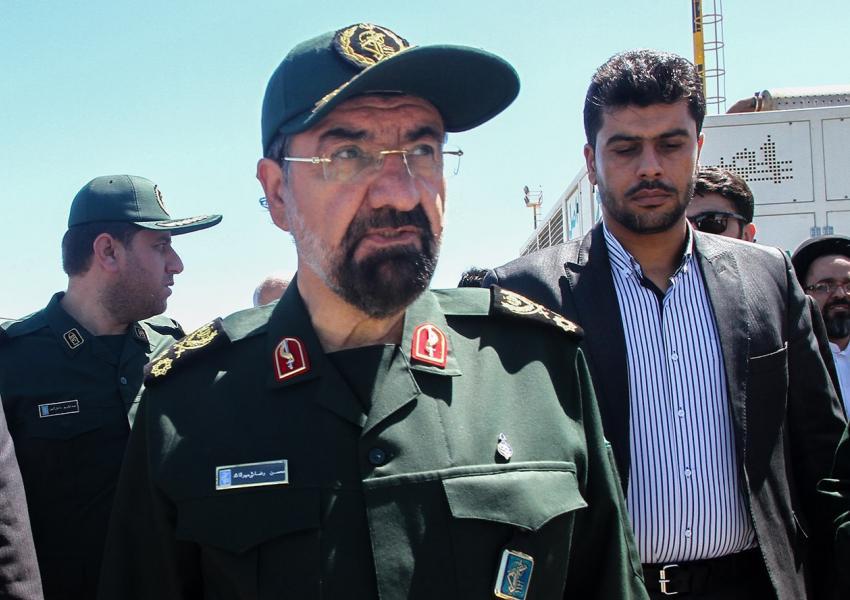
Iran Might Delay FATF Decision Over Continued US Sanctions
Iran could delay a decision on accession to the intergovernmental Financial Action Task Force (FATF) as long as United States sanctions remained in place, Mohsen Rezaei (Rezaee), Secretary of the Expediency Council [EC], told reporters on Wednesday [March 3].
The EC is considering whether to ratify two pieces of legislation, passed by parliament but rejected by the watchdog Guardian Council, that would see Iran accept FATF rules. They would facilitate its international banking connections by making its financial sector more transparent.
Rezaei said that EC members were concerned that Iran could be hampered in efforts to bypass US sanctions if it joined the FATF before Washington ended ‘maximum pressure’. “Give us a date [for removing sanctions],” Rezaei said the EC had asked.
The council secretary said he expected a decision to be announced after the Iranian New Year holidays (beginning March 21). Rezaei told reporters that the EC had not received any guarantee from the Iranian government, which supports the legislation, that the FATF would definitely endorse Iran’s membership if the legislation were ratified. Rezaei also warned there could be “new demands by the West.”
Those suspicious of the FATF argue that compliance with its regulations over transparency would restrict space for circumventing US or other sanctions. Iran has in recent months increased its oil exports, although they remain far below the levels before US President Donald Trump imposed draconian sanctions in 2018 after withdrawing from Iran’s 2015 nuclear deal with world powers, the JCPOA (Joint Comprehensive Plan of Action).
Concern is not limited to those who have opposed FATF accession. “Our problem with [joining the FATF] is that some movements in the world that we consider as freedom fighters are deemed as terrorism,” Mohammad-Reza Bahonar, an EC member who favors the bills, said on Tuesday. Bahonar cited Iran’s support for Palestinian groups and the Houthis in Yemen.
But on Wednesday President Hassan Rouhani reiterated his long-term support for the legislation on FATF accession. “The issue of FATF bills is not related to sanctions and the Joint Comprehensive Plan of Action,” he said in a televised speech during a cabinet session. “These bills are necessary whether there are sanctions or not.” The president urged the Expediency Council to approve the bills as soon as possible.
‘This is no joke. This is people’s lives’
“Friendly countries have limited banking transactions with us and say banking ties would be severed,” Rouhani argued. “All countries have adopted [FATF standards]. Right and left. West and east. Why then has everybody gone for it, if it’s bad? This is no joke. This is people’s right. This is people’s lives. This has to do with everyone’s pockets.”
On Tuesday, more than 200 members of parliament, which shifted firmly to the principlists in last year’s election, urged Sadegh Larijani, Chairman of the Expediency Council, to return the FATF legislation back to parliament for further investigation. The EC rejected the request for the want of any legal basis for such a move.
Four bills regarding the FATF were in 2018 passed by parliament, then with a majority of members backing the centrist Rouhani, but only two cleared the Guardian Council. Another two − one concerning the UN’s Palermo convention on international crime, and a second on ‘financing terrorism’ − have been stuck at the EC, which arbitrates disputes between state bodies. The FATF placed Iran on a blacklist in February 2020, which requires its members, who host most of the world’s major financial centers, to exercise strict diligence in any financial dealings with Iran.









